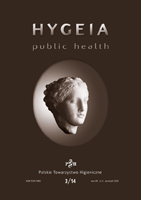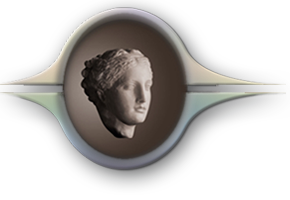Home page |
Editorial Board |
Editor |
Subscription |
Infomation for authors |
Conferences |
Partners

|
|
|
ISSN 1509-1945
 
 
  search by |
Hygeia Public Health 2012, 47(4): 427-432pl
 Dietary supplements. Part I. Dietary supplements and drugs - comparison of legal requirementsHalina Bojarowicz 1/, Paulina Dźwigulska 2/ 1/ Pracownia Technologii i Formy Kosmetyku, Katedra Technologii Postaci Leku, Wydział Farmaceutyczny Collegium Medicum im. Ludwika Rydygiera w Bydgoszczy, Uniwersytet Mikołaja Kopernika w Toruniu 2/ absolwentka Wydziału Farmaceutycznego Collegium Medicum, Uniwersytet Mikołaja Kopernika w Toruniu Summary Dietary supplements are usually described as products being the source of the concentrated nutritional components and others of physiological activity. Their popularity and easy availability for everyone may raise doubts. Part I of the paper introduces specific legal requirements both for medicinal products and dietary supplements, including their application aims, labeling of packaging and contents of advertising leaflets. The attention was paid to point out significant differences between them. The main task of dietary supplements is to keep the equilibrium of the organism on the level assuring good health, whereas medicinal products are applied to restore equilibrium in the organism, disturbed by any disease. Production of medicinal products is only possible after confirmation of their effectiveness through suitably long clinical investigations, which is not required for dietary supplements. The packaging of medicinal products contains important information about the product and its potential adverse events. However, the packaging of diet supplements contains only indications and dosage recommended but one can seldom find any contraindication, which might suggest that diets supplements are safer than medicinal products. Key words: dietary supplements, medicinal products, labeling of supplement, labeling of medicinal product |


